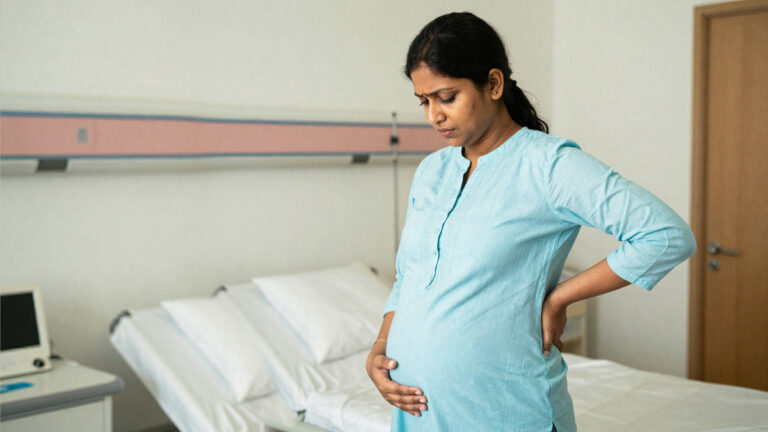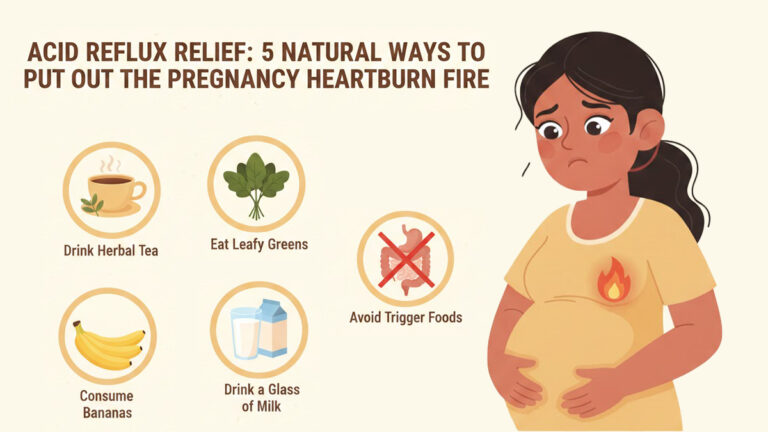What Is a Varicocele?
A varicocele is a condition where veins in the scrotum become enlarged, similar to varicose veins in the legs. It typically occurs above one testicle, often the left, and may feel like a “bag of worms.” While usually harmless, varicoceles can lead to discomfort, testicular shrinkage, or fertility issues.
What Causes Varicocele?
Though the exact cause of varicoceles is unclear, it is thought to result from faulty valves in the spermatic cord, which carries blood to and from the testicles. These valves may not close properly, causing blood to pool and the veins to swell.
What Are the Symptoms of Varicocele?
Most varicoceles don’t cause noticeable symptoms. When symptoms do occur, they can include:
- Dull or sharp pain, especially after standing or physical exertion
- A visible or palpable mass in the scrotum
- Testicular size differences
- Difficulty achieving pregnancy
Pain tends to lessen when lying down and may worsen over time if untreated
How Is Varicocele Diagnosed?
Doctors typically diagnose varicoceles through a physical exam. In some cases, a Valsalva maneuver (holding your breath and straining) may be performed to help the doctor feel enlarged veins. If needed, a scrotal ultrasound can confirm the diagnosis by showing vein size and blood flow.
Treatment Options
Treatment for varicocele isn’t always necessary, especially if there are no symptoms or fertility concerns. However, it may be recommended if:
- Pain persists
- Fertility is affected
Common treatments include:
Varicocelectomy: A surgical procedure where the affected veins are tied off or removed. It requires a small incision and can be done under local or general anesthesia.
Varicocele embolization: A less common procedure where a radiologist inserts a coil or balloon into the affected vein to block blood flow, shrinking the varicocele.
Recovery
Most people recover from surgery in about six weeks, with two thirds of patients improvements in sperm quality noticeable after 3 to 6 months. Post-treatment, follow-up appointments are important to monitor recovery and fertility improvements.
Varicoceles are common and often harmless but can lead to discomfort and fertility issues. If you experience symptoms or fertility concerns, consult u to explore diagnosis and treatment options.








